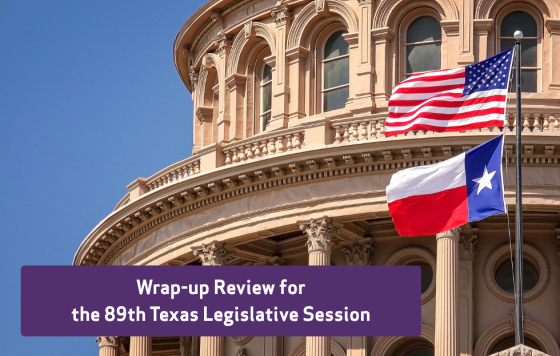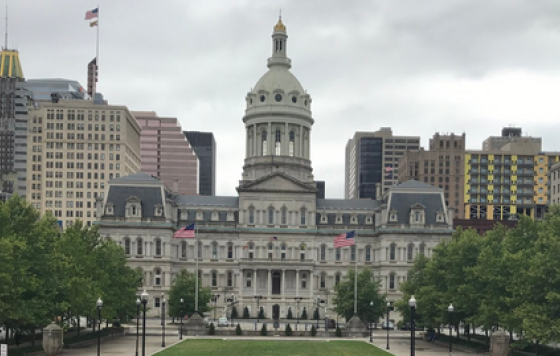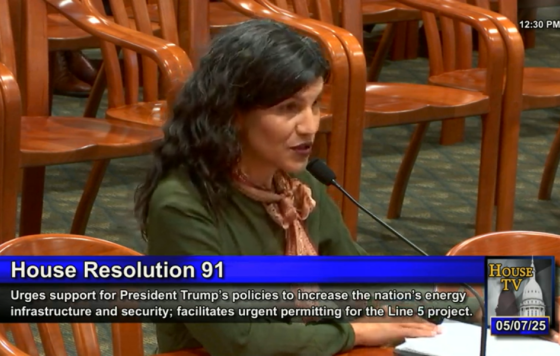The Texas Legislature wrapped up its 89th session on June 2nd. It was, as always, a slow build to a frenzied finish. From environmental protections to classroom behavior to landowner rights, oil field blowouts, and so much more, few areas of Texans’ lives and livelihoods went untouched. Of the 9,240 bills filed (including both House and Senate bills as well as joint and concurrent resolutions), there were 1,317 sent to the Governor’s desk.
Clean Water Action and our environmental allies view the 89th session as, on balance, positive. We held off efforts to make the most deep and devastating cuts to renewable energy buildout. We also pushed for and succeeded in helping get positive amendments to improve the big water bill package, which will devote $20 billion over the next twenty years to water infrastructure (if approved on the statewide ballot in November of 2025—stay tuned for updates on the ballot initiative for fall 2025!)
Water made plenty of exciting splashes in this 89th Texas Legislature including the early on introduced packages House Joint Resolution 7 (HJR 7) (Cody Harris) and Senate Bill 7 (SB 7) (Charles Perry.) HJR 7 will dedicate an unprecedented, regular amount of funding over 20 years if passed by voters statewide in November. Fifty percent of the monies would be used to develop “new water supplies” for Texas, and the other half for projects such wastewater facilities, repairs to existing infrastructure, flood prevention, and more through the existing Texas Water Development Board.
SB 7 supports HJR 7, laying out further detail about how the water funds would be allocated. It includes provisions that Clean Water Action and many allies pushed hard to make happen: to expand the definition of “new” water supplies to encompass previously lost gallons to leaking and inefficient pipes, as well as water recovered from reuse projects. Unfortunately, other considerations for “new” water supplies can include ocean desalination, new reservoirs, and
Water bills that passed through both houses and now await final action by the governor include House Bill (HB) 517 (Harris Davila) that will disallow HOAs to fine residents who have discolored lawns due to following local water restrictions during drought. HB 3333 (Eddie Morales) lends historic protection to the Devils River as one of the most pristineKeep reading for a breakdown of other bills that have (or would have had) a large impact on our water and our enivornment.
Bills that are good for environmental protections that made it through include:
Some bad bills died. Phew!
It was not all good news. Some good bills, sadly, did not make it through the gauntlet including:
Water, Plastics, PFAS, Air Quality, & Waste Reduction
HB 1145 (Morales Shaw), HB 3738 (Shofner), and SB 1898 (Johnson) would have created studies on the health effects of the PFAS “forever chemicals” and banned their use in firefighting foam except during emergencies;
Some bad bills that passed:
We are grateful for our many partners, including member organizations of the Alliance for a Clean Texas among others, and for the work of the elected officials and hundreds of staff members who make the legislative process happen. Finally, we would not have meaningful standing or grassroots power without you, our members and supporters here in Texas. Many thanks to you for powering our “strength in numbers” machine!



